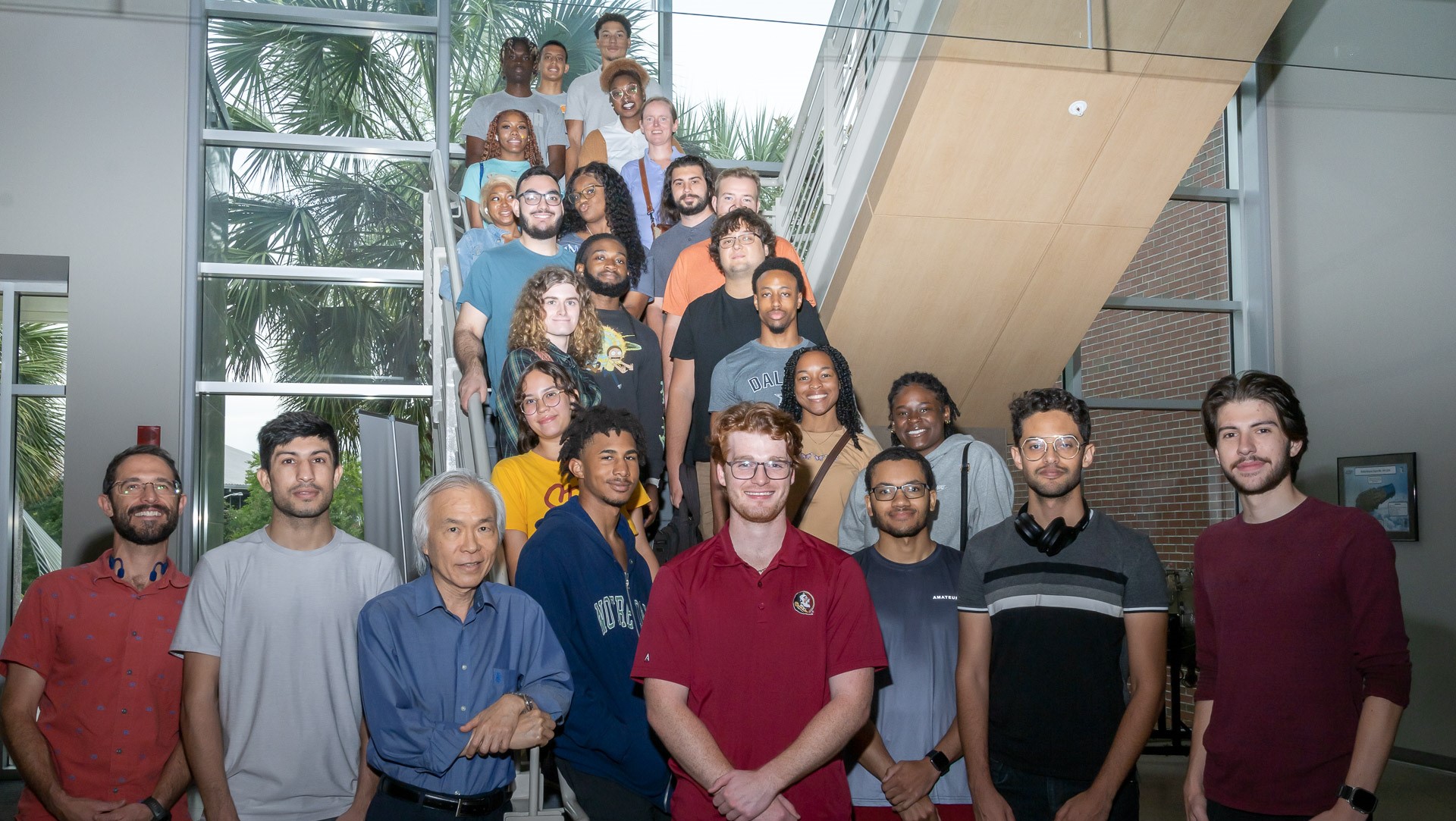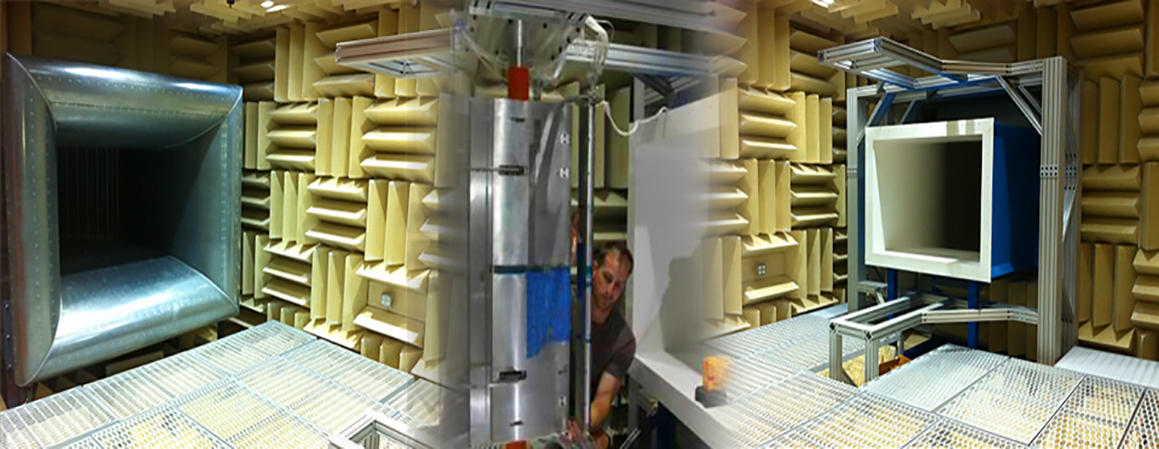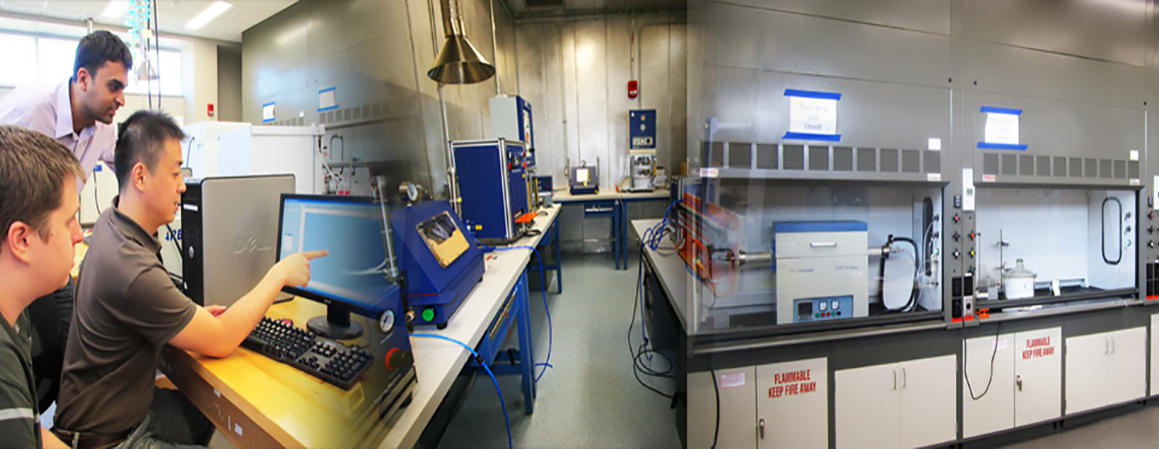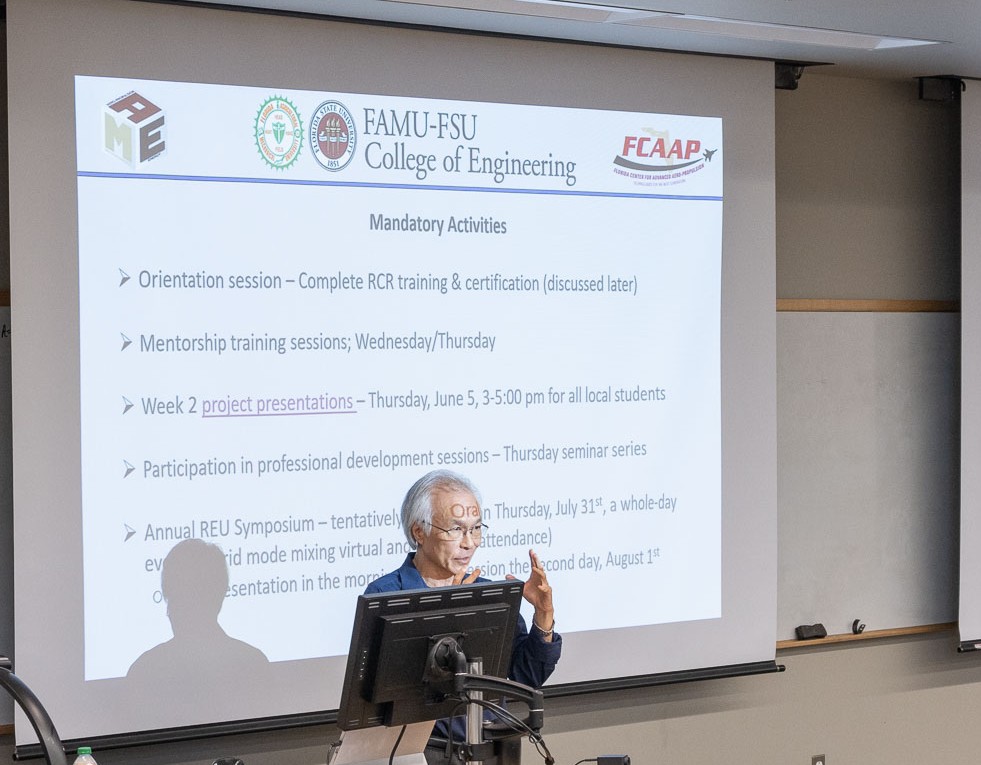Home 
How can I get Involved?
Requirements: The HIPOWER (Hydrogen Innovation – Preparing and Obtaining a Workforce in Energy Research) program offers two unique summer research opportunities for undergraduate students passionate about contributing to the clean hydrogen revolution and addressing climate change through advanced materials science. These opportunities are open to motivated students from mechanical engineering, materials science, chemical engineering, physics, chemistry, and related fields.
Participants will engage in hands-on research focused on developing hydrogen-tolerant materials that can withstand mechanical and tribological stress, with guidance from mentors at national laboratories, universities, and industry. Research activities include experimental studies, modeling, synthesis, and understanding hydrogen-material interactions.
No prior research or hydrogen-related experience is required. Students from underrepresented groups and those committed to diversity and inclusion are especially encouraged to apply. To learn more or get involved, please contact one of the program directors.






